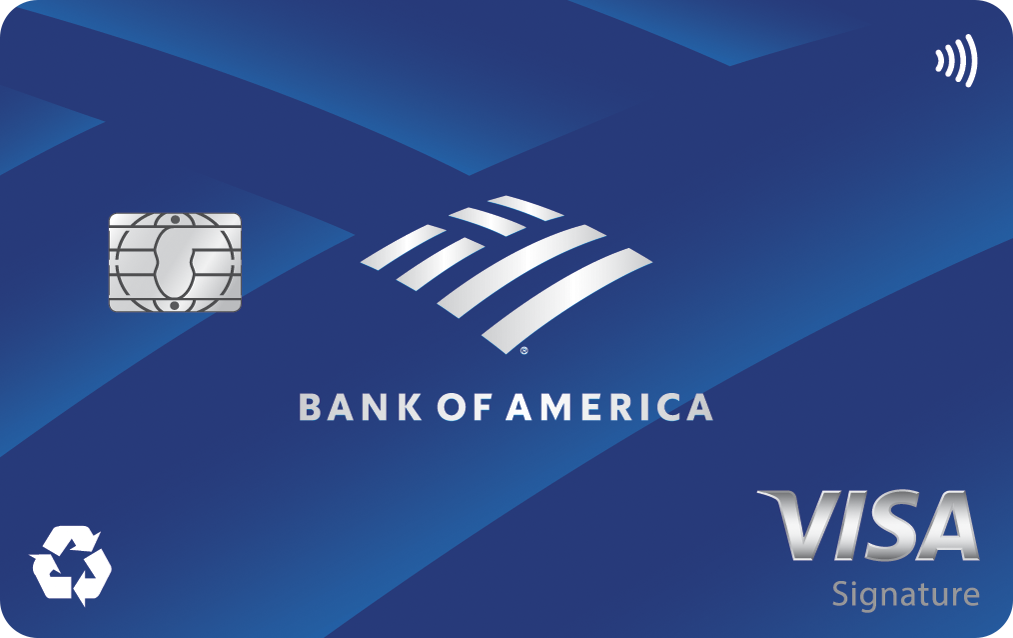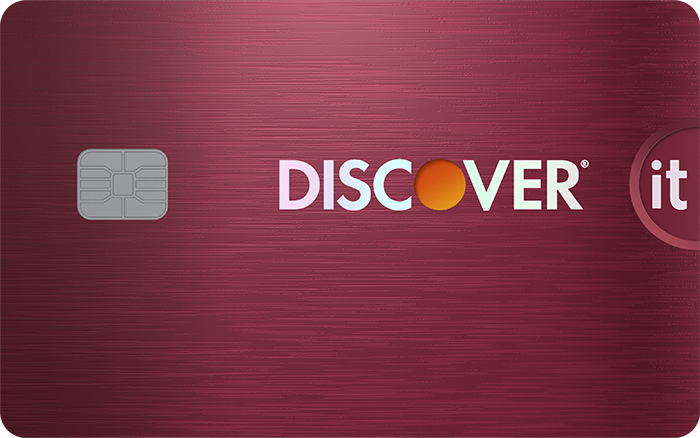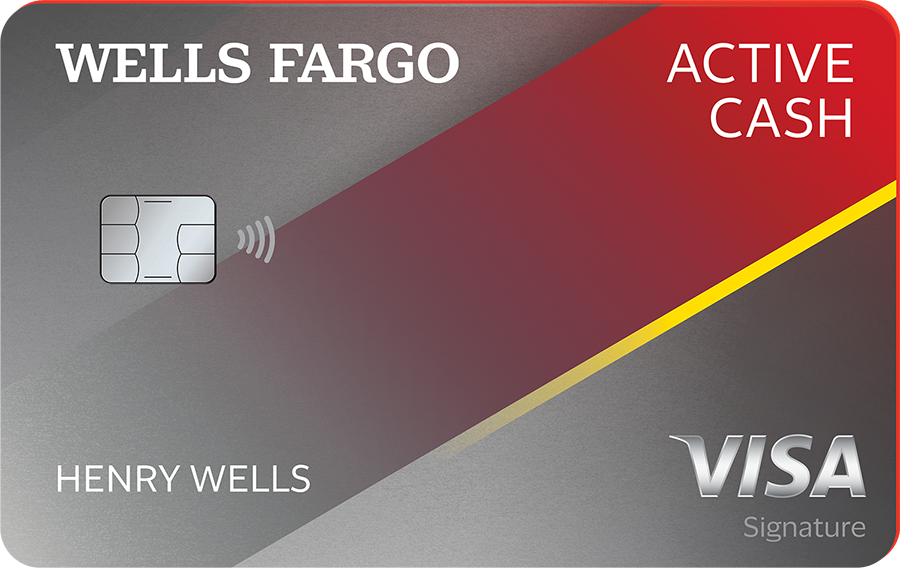If you've used credit cards at all, then you've probably also asked yourself "how many credit cards should I have?" It's one of the most common credit card questions and depending on who you ask, you can get a huge range of answers. Some people want nothing to do with credit cards, while others have dozens of them.
As you might expect, the answer usually lies somewhere in between those two extremes.
Why you need at least one credit card
Most consumers should have one or two credit cards. There are a few reasons why you should have at least one credit card:
- It's the most secure payment method. A credit card isn't connected to your bank accounts and it's easy to replace if you lose it. For those reasons, it's a more secure way to pay than a debit card or cash.
- It can help you build credit. By paying your credit card bill on time and not using more than 30% of your credit limit, you can attain a high credit score.
- You can earn rewards on your purchases. Rewards credit cards earn cash back or travel rewards points on purchases, allowing you to get something back from the money you spend.
If you can manage two credit cards, then it makes sense to add a second card to your wallet. You'll have a backup credit card in case you lose one and need to wait for a replacement in the mail. You can earn more rewards by combining credit cards. And if you started with an American Express or a Discover card, you can add a Visa or a Mastercard. Those are more widely accepted outside the United States.
One or two credit cards isn't a lot, but most people are better off being conservative. The more credit cards you have, the higher your risk is of missing a payment or overspending and going into credit card debt.
The right number of credit cards also depends on your needs and your credit score. Here's how many credit cards you should have based on more specific financial situations.
Credit card comparison
We recommend comparing options to ensure the card you're selecting is the best fit for you. To make your search easier, here's a short list of standout credit cards.
| Offer | Our Rating | Welcome Offer | Rewards Program | APR | Learn More |
|---|---|---|---|---|---|
|
Rating image, 5.00 out of 5 stars.
5.00/5
Our ratings are based on a 5 star scale.
5 stars equals Best.
4 stars equals Excellent.
3 stars equals Good.
2 stars equals Fair.
1 star equals Poor.
We want your money to work harder for you. Which is why our ratings are biased toward offers that deliver versatility while cutting out-of-pocket costs.
|
Discover will match all the cash back you’ve earned at the end of your first year. | 1% - 5% Cashback Earn 5% cash back on everyday purchases at different places you shop each quarter like grocery stores, restaurants, gas stations, and more, up to the quarterly maximum when you activate. Plus, earn unlimited 1% cash back on all other purchases. |
Intro: Purchases: 0%, 15 months Balance Transfers: 0%, 15 months Regular: 18.49% - 27.49% Variable APR *Rates as of December 12, 2024. |
||
|
Rating image, 5.00 out of 5 stars.
5.00/5
Our ratings are based on a 5 star scale.
5 stars equals Best.
4 stars equals Excellent.
3 stars equals Good.
2 stars equals Fair.
1 star equals Poor.
We want your money to work harder for you. Which is why our ratings are biased toward offers that deliver versatility while cutting out-of-pocket costs.
|
$200 cash rewards Earn a $200 cash rewards bonus after spending $500 in purchases in the first 3 months. | 2% cash rewards Earn unlimited 2% cash rewards on purchases. |
Intro: 0% intro APR for 12 months from account opening on purchases and qualifying balance transfers Purchases: 0% intro APR, 12 months from account opening Balance Transfers: 0% intro APR, 12 months from account opening on qualifying balance transfers Regular: 19.24%, 24.24%, or 29.24% Variable APR |
||

Apply Now for Bank of America® Travel Rewards credit card
On Bank of America's Secure Website. |
Rating image, 4.00 out of 5 stars.
4.00/5
Our ratings are based on a 5 star scale.
5 stars equals Best.
4 stars equals Excellent.
3 stars equals Good.
2 stars equals Fair.
1 star equals Poor.
We want your money to work harder for you. Which is why our ratings are biased toward offers that deliver versatility while cutting out-of-pocket costs.
|
25,000 points 25,000 online bonus points after you make at least $1,000 in purchases in the first 90 days of account opening - that can be a $250 statement credit toward travel purchases | 1.5 points per dollar Earn unlimited 1.5 points per $1 spent on all purchases, with no annual fee and no foreign transaction fees, and your points don't expire as long as your account remains open. |
Intro: 0% Intro APR for 15 billing cycles for purchases. 0% Intro APR for 15 billing cycles for any balance transfers made in the first 60 days. After the intro APR offer ends, 18.49% - 28.49% Variable APR on purchases and balance transfers will apply. A 3% fee for 60 days from account opening, then 4% fee applies to all balance transfers. Purchases: 0% Intro APR for 15 billing cycles for purchases Balance Transfers: 0% Intro APR for 15 billing cycles for any balance transfers made in the first 60 days Regular: 18.49% - 28.49% (Variable) |
Apply Now for Bank of America® Travel Rewards credit card
On Bank of America's Secure Website. |
How many credit cards should I have if:
I'm new to using credit
When you're new to credit, stick to one credit card for at least a year. Your focus should be building your credit, and opening new cards can slow down that process, as each credit card application can lower your credit score by a small amount. Carrying multiple credit cards can also cause you to spend more than you should, especially when you don't have much experience managing credit.
There aren't any big advantages to opening a new credit card at this point, because you probably won't qualify for the most lucrative credit card offers yet.
Wait until you've been using a credit card for a year or two, or until you've achieved at least a good credit score, before you consider applying for a second card. Good credit refers to a credit score of 670 or higher.
I'm rebuilding credit
You should only have one credit card while you rebuild your credit. Since previous mistakes have damaged your credit score, you should also be cautious about getting a new credit card, even after you've improved your credit. You don't want to fall into the same patterns and have the same problems.
That doesn't mean you need to go your whole life with a single credit card. But before you open another credit card account, make sure you've been practicing smart credit habits for at least two to three years. That means you only charge what you can afford, you stick to a budget, and you always pay your credit card bill in full.
I want to maximize rewards
To maximize your credit card rewards, you should carry at least two to three credit cards. Here's why:
- To earn more purchase rewards: With multiple credit cards, you can choose the card that will earn you the most back on purchases. For example, you could use a card that earns 3% on dining when you go out to eat, one that earns 2% at gas stations when you fill up your car, and a card that earns a flat rate of 1.5% for your other purchases.
- To get more bonuses: The fastest way to earn rewards is through sign-up bonuses. By opening more cards, you'll have more bonus opportunities.
Some people appreciate having an assortment of cards with rewards for almost every situation. If you're interested in this strategy, check out some of our favorite rewards cards here:
I have excellent credit
Once you've gotten an excellent credit score, you should strongly consider having at least two credit cards. There's also no firm upper limit on how many credit cards you should have.
Your credit is good enough to qualify for the best credit cards from any card issuer, so it makes sense to carry at least two strong cards that complement each other well. That could be two cards in the same rewards program with different bonus categories, a cash back card and a card with travel perks, or any other combination that suits your spending.
As long as you continue to manage your credit well, you don't need to worry about having too many credit cards. Some consumers have dozens of cards and get value from all of them. It's simply a matter of what works for you. Just make sure that if a card has an annual fee, its benefits are worth more than what you're paying for it.
I'm retired
You should have at least one credit card when you're retired, and you can also have more if you want and you have good to excellent credit.
What's more important when you retire is to adjust your spending habits. You can keep all your credit cards open and apply for more if you'd like, but you should put together a budget that reflects your new income. Most people see their incomes decrease after retirement. If you don't adjust your spending accordingly, you could end up with credit card debt.
I'm in debt
If you're in debt, you should have one credit card at most that you use regularly, and that should be for essential expenses only. It's best to avoid opening new credit cards, although there is one exception: You could get a card with a 0% intro APR on balance transfers to refinance credit card debt at a much lower interest rate. Note that to qualify for a balance transfer card, you will likely need good to excellent credit.
You don't need to cancel any other credit cards you have. In fact, that may not be a good idea. Canceling credit cards will reduce your available credit, because you lose the credit limit of each card you cancel. This can increase your credit utilization ratio and hurt your credit score. For that reason, it's better to store your unused cards somewhere and avoid using them.
Final thoughts
There's no one-size-fits-all recommendation for how many credit cards you should have. A good rule of thumb is one or two credit cards, because you can take advantage of credit card benefits without having too many cards to manage.
It's also perfectly fine to get more cards than that, and plenty of consumers have done this successfully. The key is to take it slow and to follow smart spending habits no matter how many credit cards you have.
FAQs
-
The typical consumer should have one or two credit cards. If you've been using credit for less than a year, then you should have one credit card. After at least a year of experience managing credit, you can think about adding a new credit card.
Once you have excellent credit, you can be more flexible about the number of credit cards you carry. You don't need to limit yourself to a certain number, although you should always be cautious about opening more cards than you can handle. -
The average American has one or two credit cards, according to a study by Motley Fool Money. Just over a quarter of Americans have three or more credit cards.
-
Your number of credit cards isn't a credit scoring criteria, but it can have an indirect impact on your credit score. You need at least one credit account to build your credit history. If you have a variety of credit accounts, it's easier for credit scoring models to calculate a score for you. But opening credit cards too frequently can have a small negative effect on your credit.
Keep in mind that the most important factors in your credit score are your payment history and credit utilization (how much of your credit you use). If you always pay on time and have a credit utilization below 30%, that alone can help you build and maintain a high credit score.
We're firm believers in the Golden Rule, which is why editorial opinions are ours alone and have not been previously reviewed, approved, or endorsed by included advertisers. Motley Fool Money does not cover all offers on the market. Motley Fool Money is 100% owned and operated by The Motley Fool. Our knowledgeable team of personal finance editors and analysts are employed by The Motley Fool and held to the same set of publishing standards and editorial integrity while maintaining professional separation from the analysts and editors on other Motley Fool brands.
The Motley Fool owns shares of and recommends Visa.

